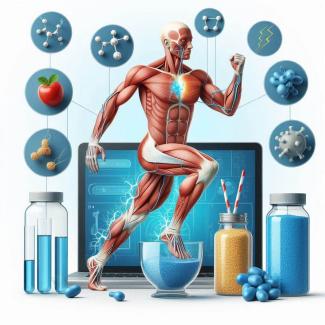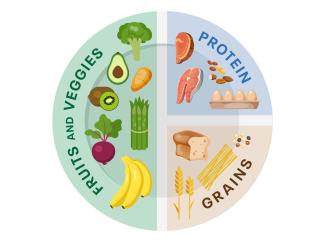
Phosphorus is an essential mineral that plays a crucial role in the human body. It is the second most abundant mineral in the body, with calcium being the most abundant. Here are some of the key reasons why phosphorus is important to the human body:
- Bone and Teeth Health: Phosphorus, along with calcium, is a major component of bone and teeth. It helps form and maintain their structural integrity and strength.
- Energy Metabolism: Phosphorus is a key component of adenosine triphosphate (ATP), which is the primary molecule used by cells to store and transfer energy. ATP is involved in various cellular processes, including energy production.
- DNA and RNA Structure: Phosphorus is a fundamental component of DNA and RNA, the genetic material in our cells. It forms the "backbone" of these nucleic acids, allowing for the storage and transmission of genetic information.
- Cell Membrane Function: Phospholipids, which contain phosphorus, are essential components of cell membranes. They help maintain the structure and integrity of cell membranes, which regulate the movement of substances in and out of cells.
- pH Balance: Phosphates (compounds containing phosphorus) help maintain the body's acid-base balance, which is important for various biochemical reactions and overall physiological function.
- Kidney Function: Phosphorus is filtered and excreted by the kidneys, and its levels are regulated by hormones such as parathyroid hormone (PTH) and vitamin D. Proper phosphorus balance is essential for kidney health.
- Nerve Function: Phosphorus plays a role in nerve function and the transmission of nerve impulses. It is involved in the synthesis and activation of various neurotransmitters.
- Muscle Contraction: Phosphorus is involved in muscle contractions, particularly in the context of the ATP-phosphocreatine system, which provides rapid energy for short bursts of activity.
- Blood Buffering: Phosphates in the blood help buffer and stabilize the pH of bodily fluids, ensuring that the body's pH remains within a narrow and essential range for various metabolic processes.
In the human body, phosphorus is obtained from dietary sources such as dairy products, meat, fish, poultry, nuts, and whole grains. A balanced intake of phosphorus is important to maintain overall health and well-being. However, imbalances, either excess or deficiency of phosphorus, can lead to health issues, including bone disorders, kidney problems, and disruptions in various cellular processes.






